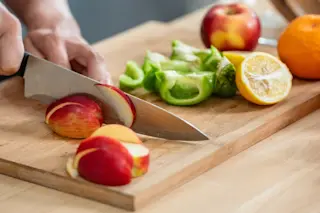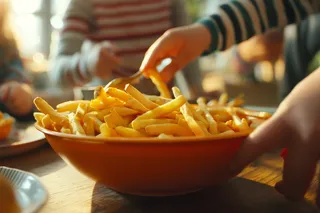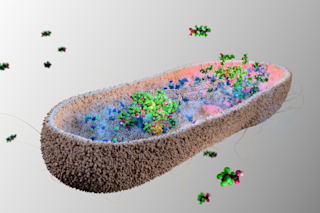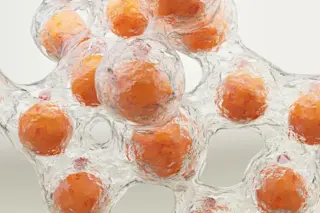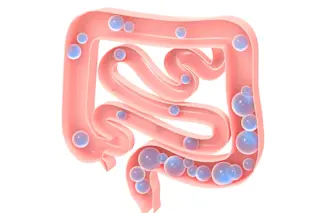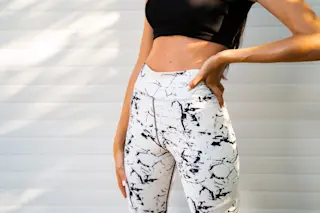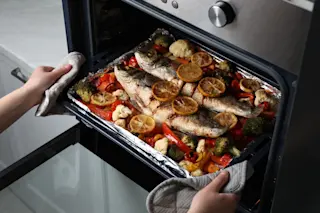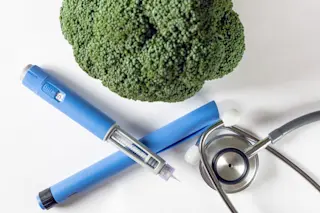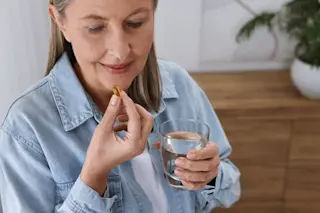A red onion a day may keep the microplastics at bay. Or a serving of raspberries, strawberries, blueberries, or cranberries may do the job.
Really, any food high in anthocyanins — an antioxidant in many fruits and vegetables purported to fight inflammation and boost heart health — could offset the potentially harmful effects of microplastics accumulating in your body, according to a study in the Journal of Pharmaceutical Analysis.
Marine ecologist Richard Thompson coined the term microplastics in 2004 after he found tiny plastic pieces littering several British beaches. Scientists have since defined them as plastic particles less then 5 millimeters wide.
Depending on their source material, they may contain harmful chemicals like endocrine disrupters or forever chemicals such as PFAS — both of which have been shown to contribute negatively to human health.
Since they’ve been defined, they’ve been discovered nearly everywhere on Earth — in the depths of ...


